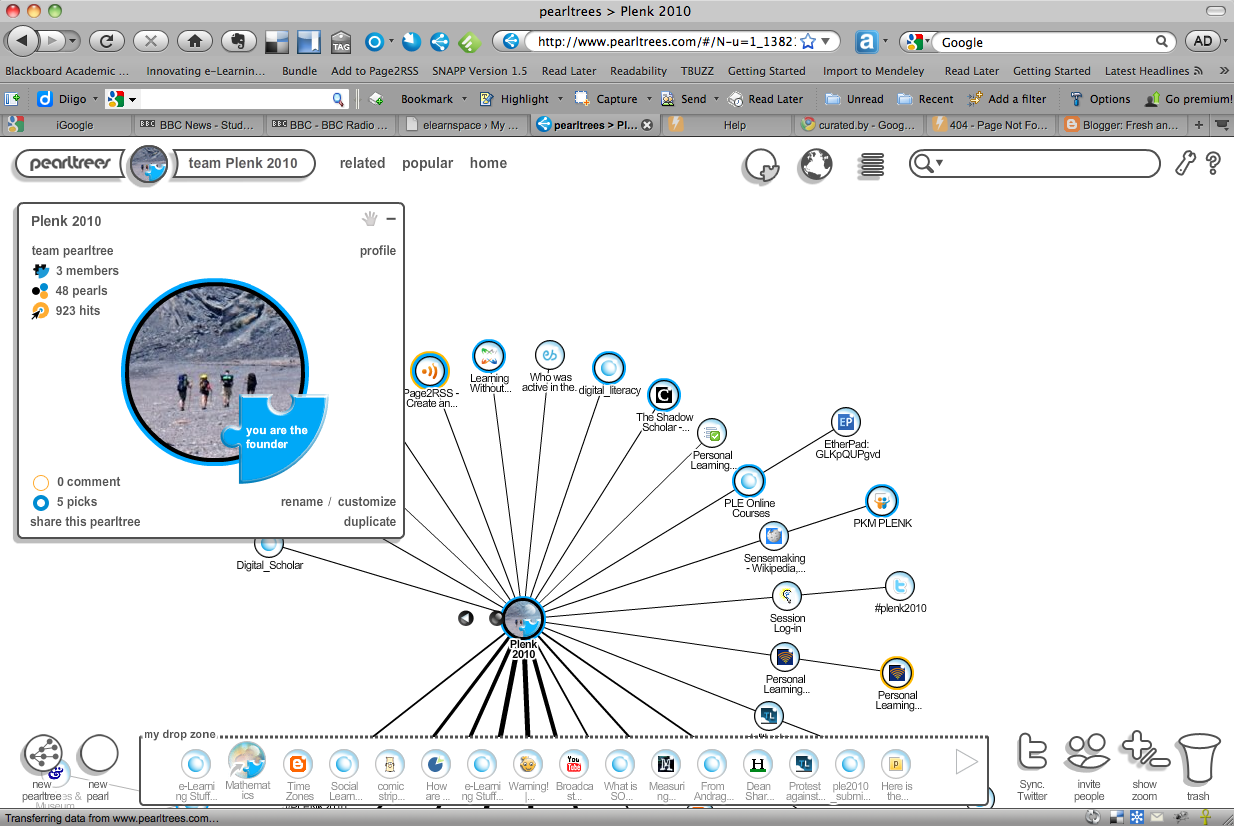Jim Groom is getting ready to launch another massive open online course (MOOC). Tony Hirst, who drew my attention to Jim’s course Digital Storytelling (ds106.us) with this post: Massive Open Online Courses all you need to know, has curated a few videos from PLENK2010 facilitator Dave Cormier on the philosophy of a MOOC.
I’ve signed up for Digital Storytelling, but I expect my role to be more as a lurker than turned out to be the case on PLENK. One reason for this is that my workload is likely to be crazy in early 2011. But we’ll see. The course is due to start on January 10th, 2011.
Of technical interest is that Jim’s MOOC is going to be facilitated via a course platform based on WordPress. There may be some lessons to be transferred to my institution which is looking to create a new community of practice around that platform.



